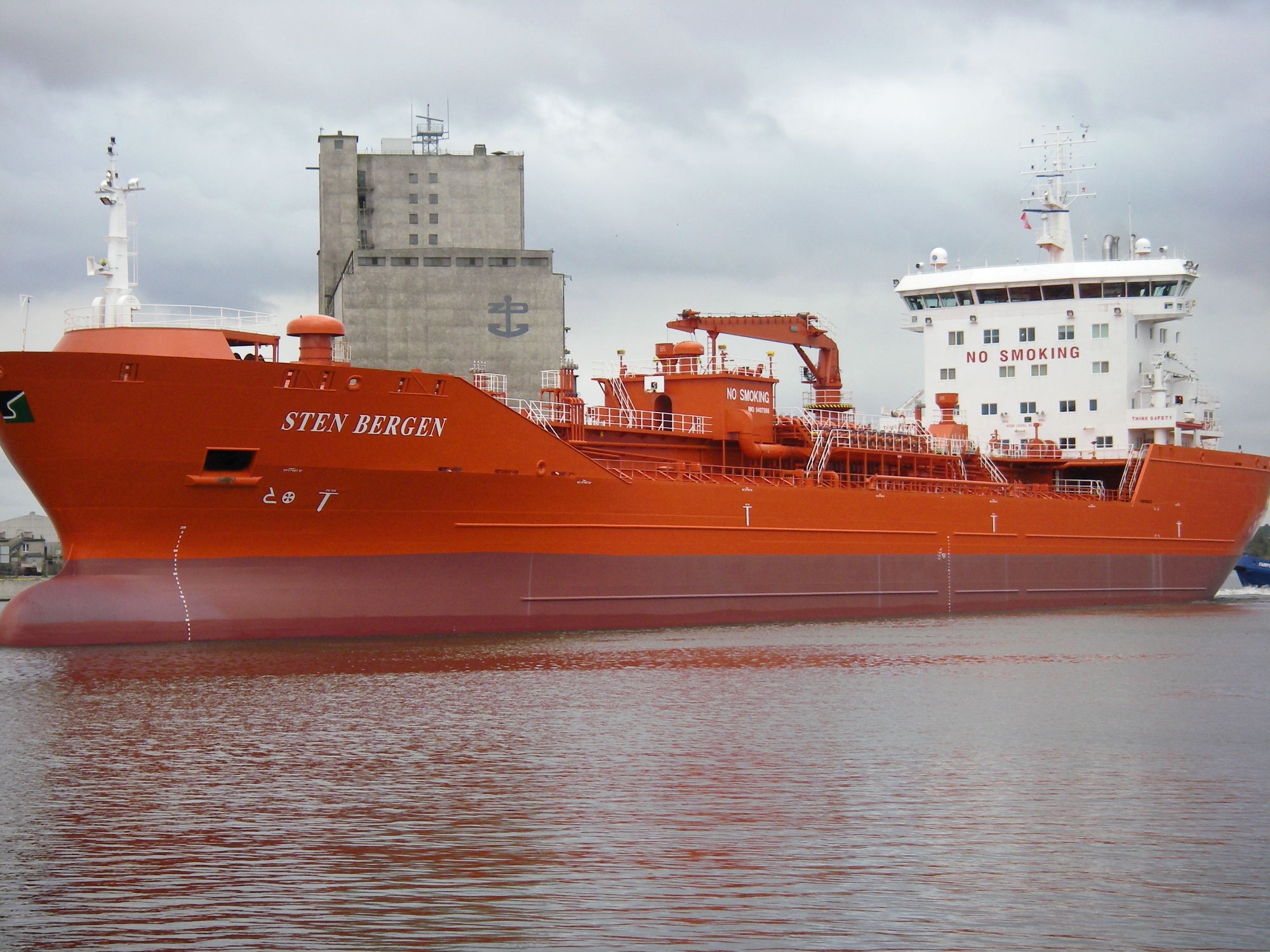Swedish technology entrepreneurs and academics have joined forces to accelerate the development of an AI-based, semi-autonomous system for planning and executing more energy efficient sea voyages. The project combines Lean Marine’s FuelOpt and Fleet Analytics technology and Molflow’s Slipstream technology.
The Via Kaizen project is funded by the Swedish Transport Administration, Trafikverket and is being coordinated by CIT Industriell Energi AB.
The “on top” propulsion automation system FuelOpt optimises the propulsion line dynamically, in real-time, based on orders given by the AI system that has been developed within the scope of the Via Kaizen project. In addition, the FuelOpt system gathers data from the artificial intelligence (AI) system and other signals on board. The vast amount of vessel data collected is then fed into Lean Marine’s cloud-based performance management platform Fleet Analytics where it will be shared with Molflow’s vessel modelling system, Slipstream.
‘Molflow is committed to attaining the best use of the information hidden in the big data sets,’ says Joakim Möller, Founder of Molflow. ‘In the Via Kaizen project, Slipstream will be trained on ship data available from Lean Marine’s Fleet Analytics platform and will describe the vessel performance in different conditions with deep learning technologies. Our Slipstream system will then be able to determine, given the constraints of the route and the ship, the most energy efficient voyage and calculate the commands that need to be set to reach the destination with the least possible amount of fuel consumed.’
Linus Ideskog, Director of Development at Lean Marine, adds: ‘Once ‘the perfect simulated journey’ is determined, FuelOpt steps in and creates an interface between the captain and the AI-based voyage planning solution, empowering them to cooperate and execute the voyage accordingly. FuelOpt will act as a key enabler in AI-powered voyages thanks to its ability to automatically and directly optimize the propulsion line based on commands set by the captain and/or sent by the AI voyage optimisation solution, in this case from SlipStream.’
Algorithms and human factors
From an academic perspective, naval architect researchers at the Chalmers University of Technology are working on the development of new methods, models, and algorithms. Researchers from social anthropology and human factors at Gothenburg University and Linnaeus University are conducting research on what happens to practices on board and ashore as the new technology is implemented.
The Swedish Shipowners’ Association is also participating in the project, providing vital insights and input from the Swedish shipping industry and by contributing to the dissemination of research findings and development information to the Swedish maritime industry.
Onboard testing
In addition to the project partners, a trio of ship owners and operators are involved in the Via Kaizen project, including chemical/product tanker owner and operator, Rederiet Stenersen and pure car and truck carrier (PCTC) owner and operator, UECC. By offering their vessels for technology and product validations, they will enable onboard testing, and the results will be directly evaluated within the scope of the project.








